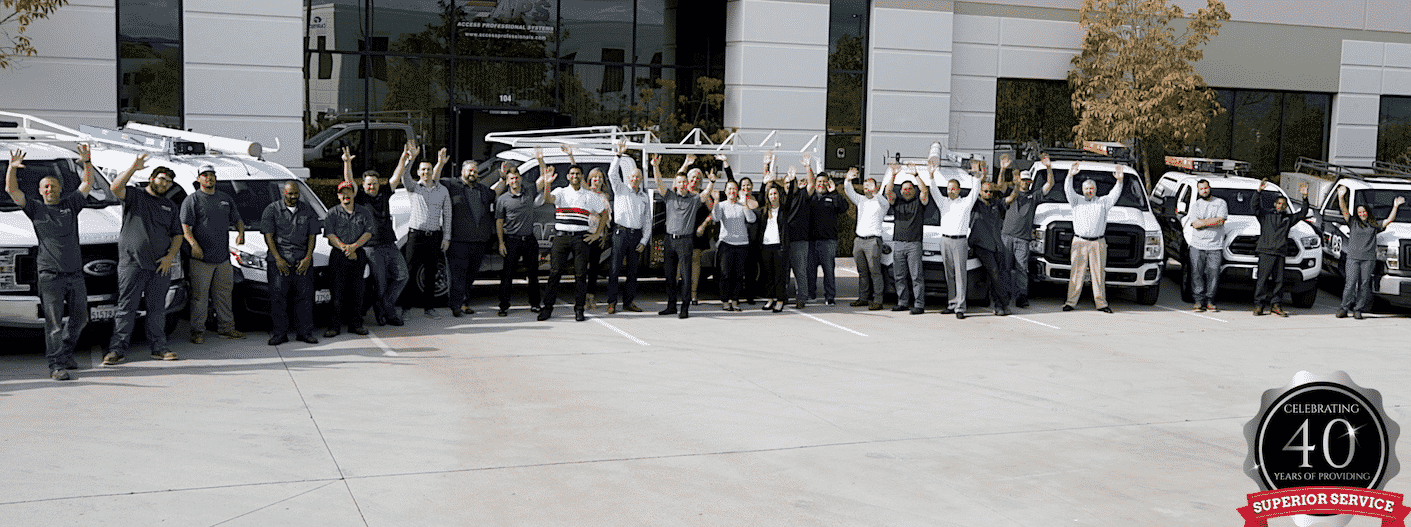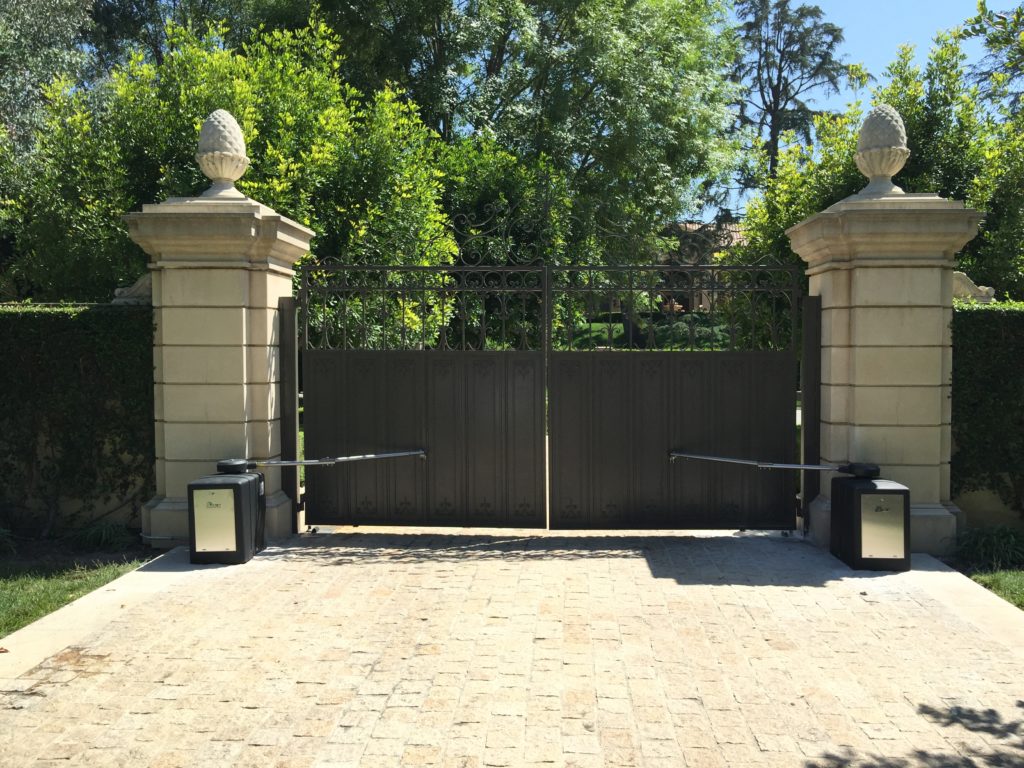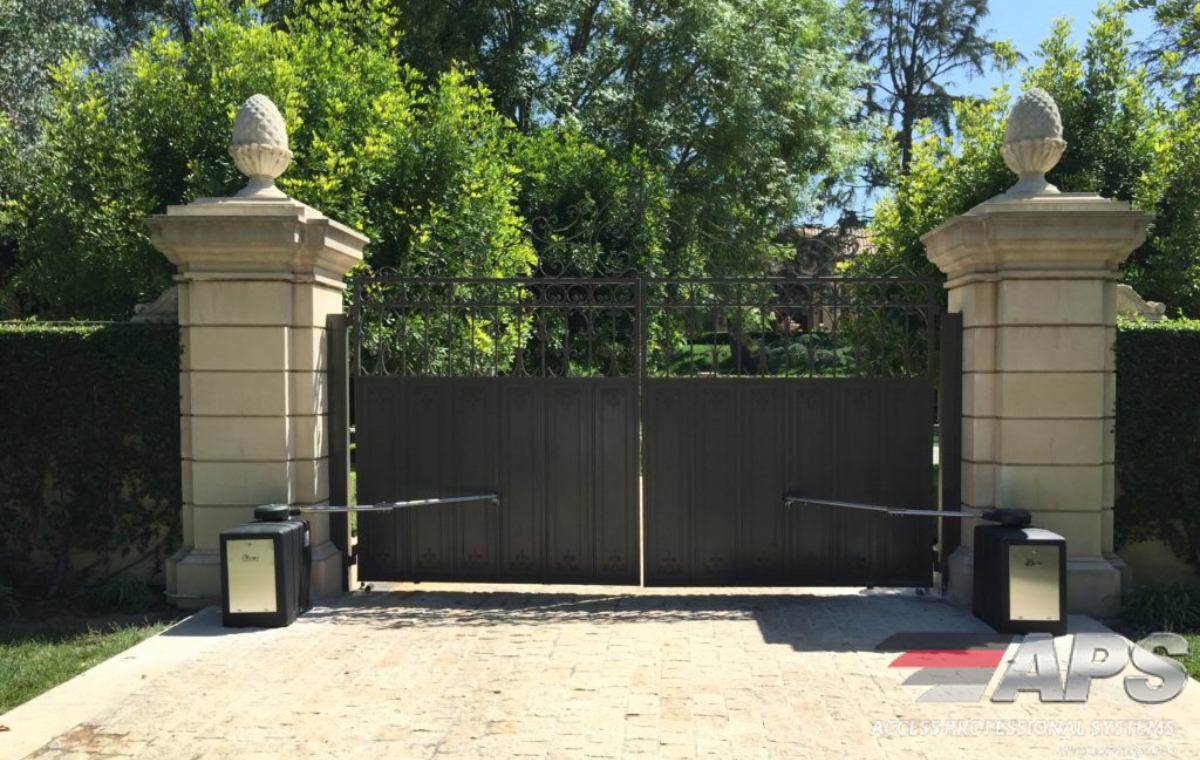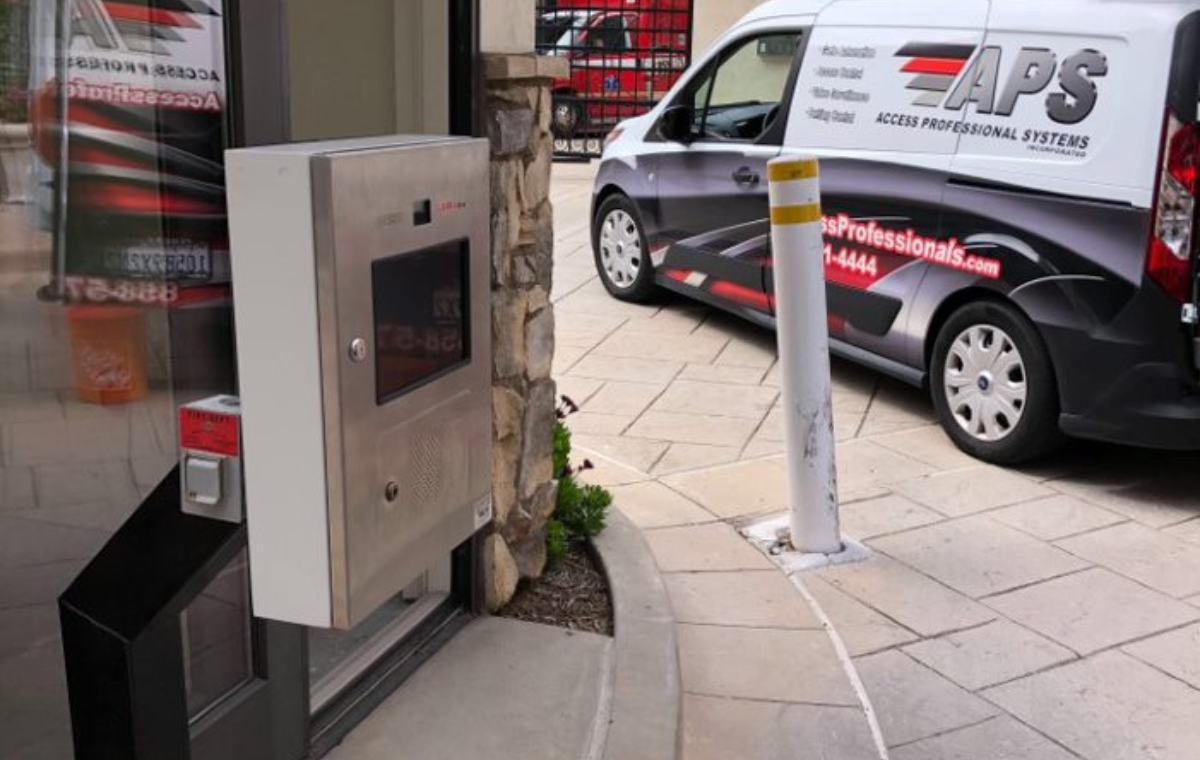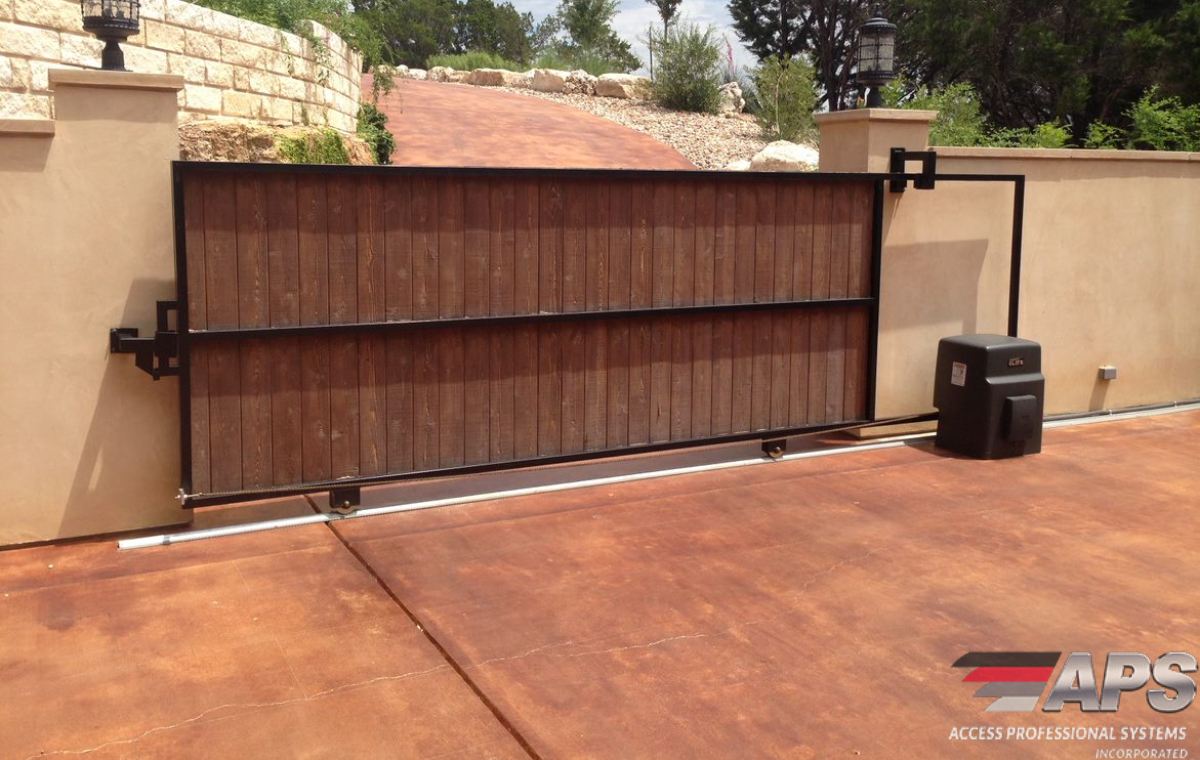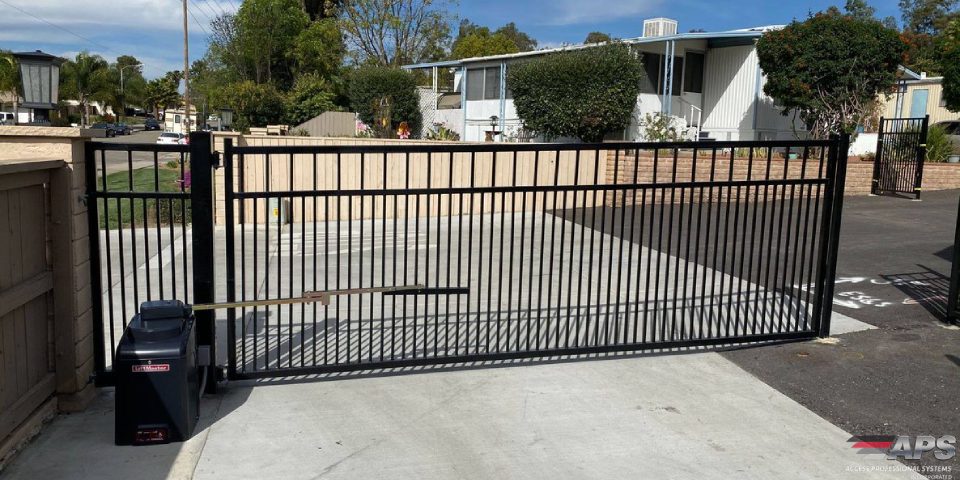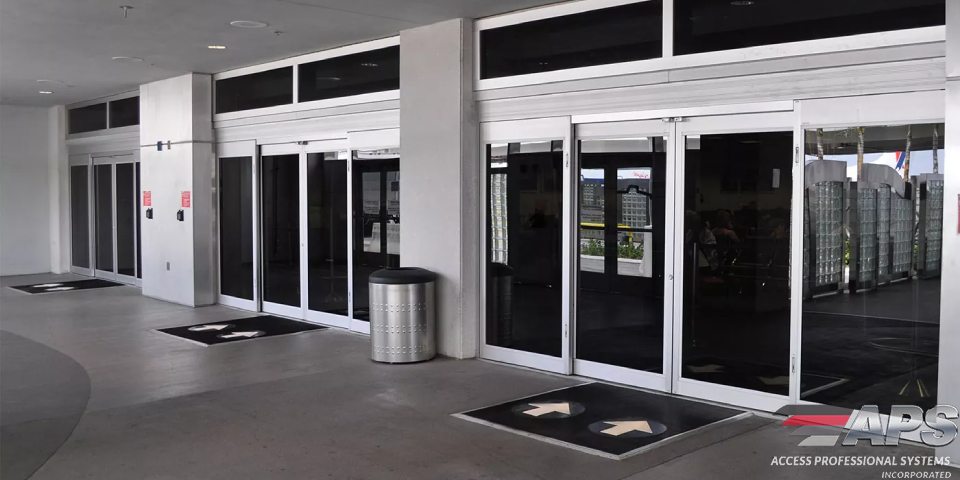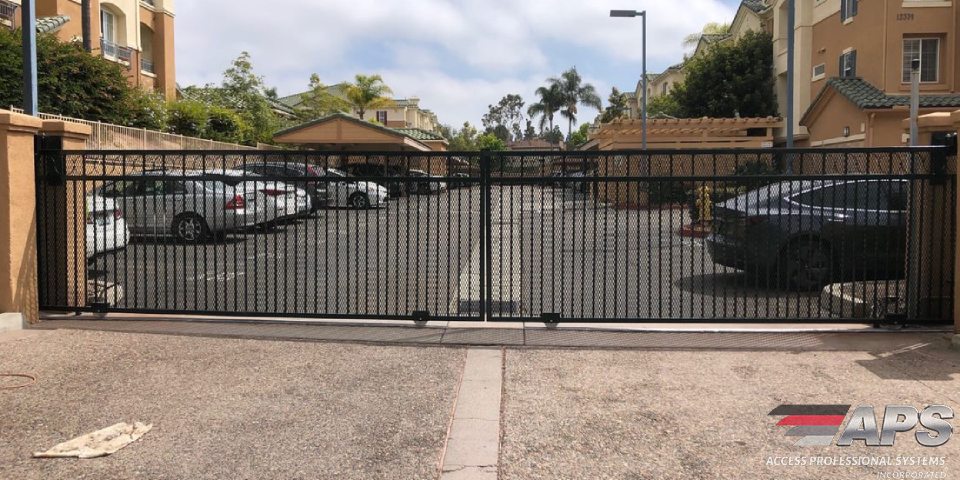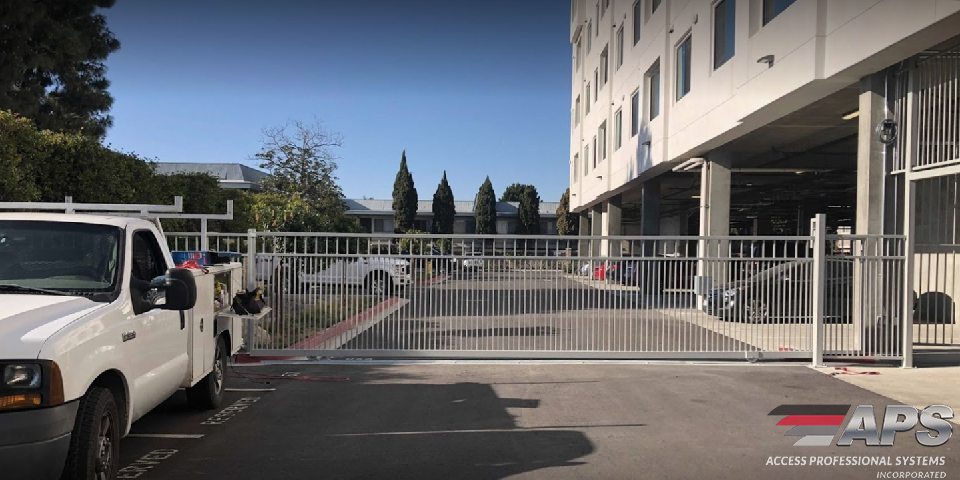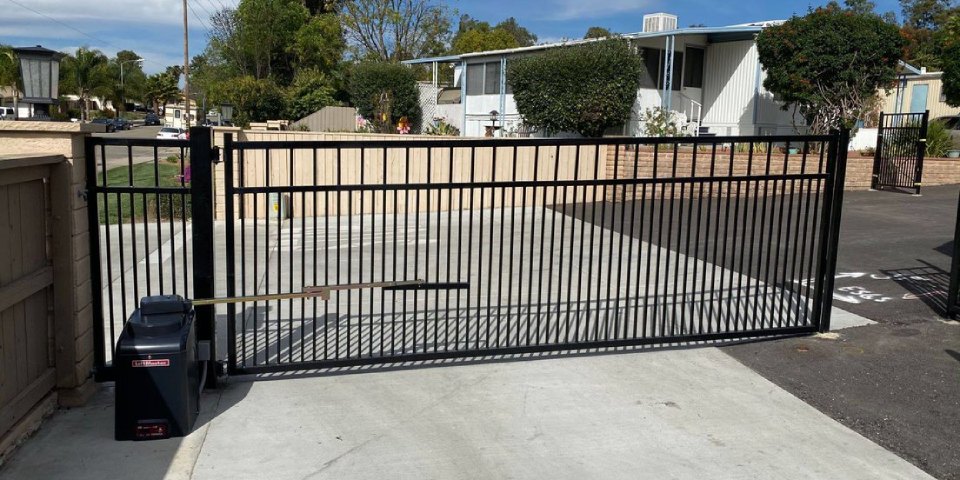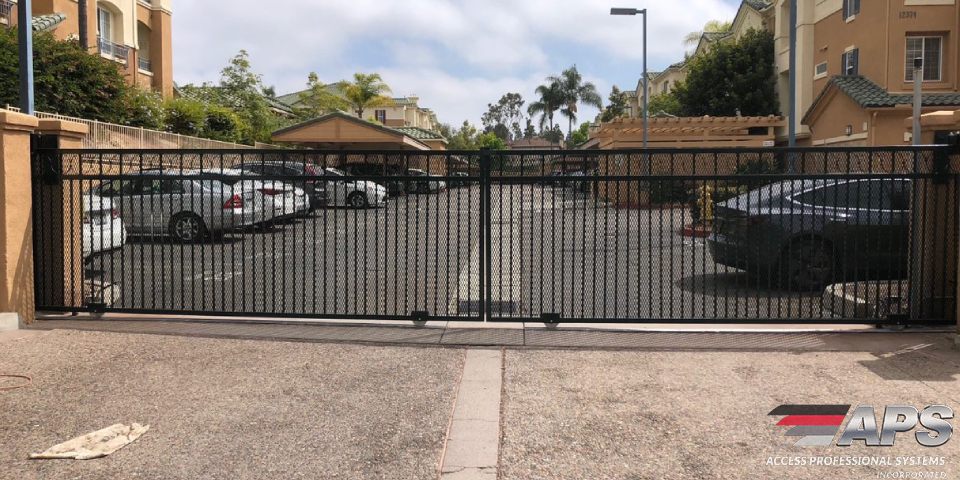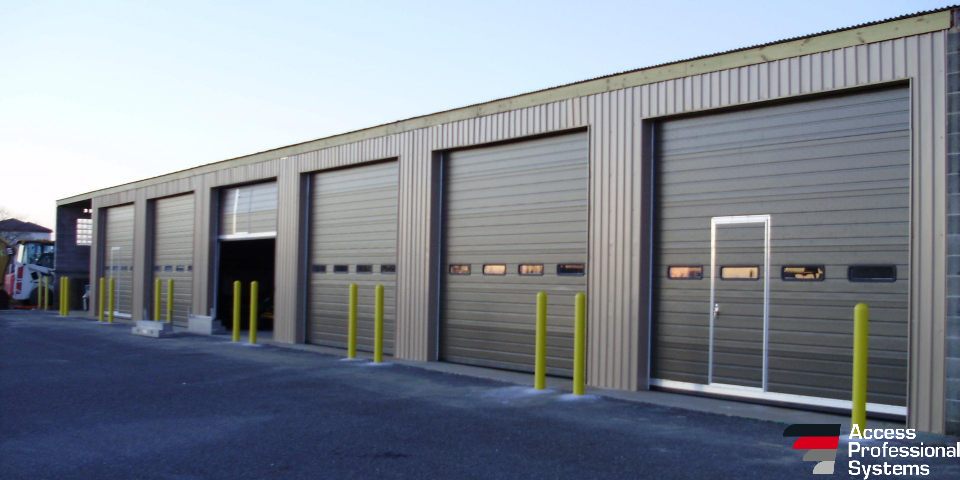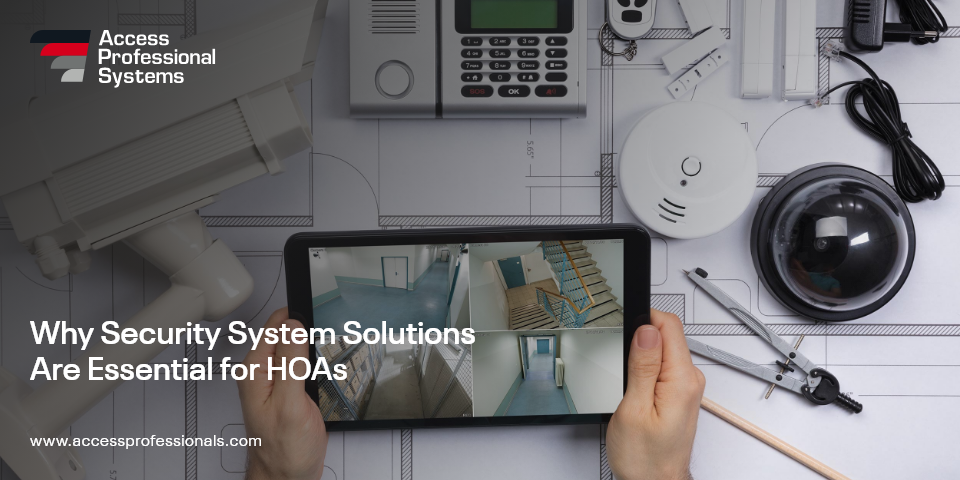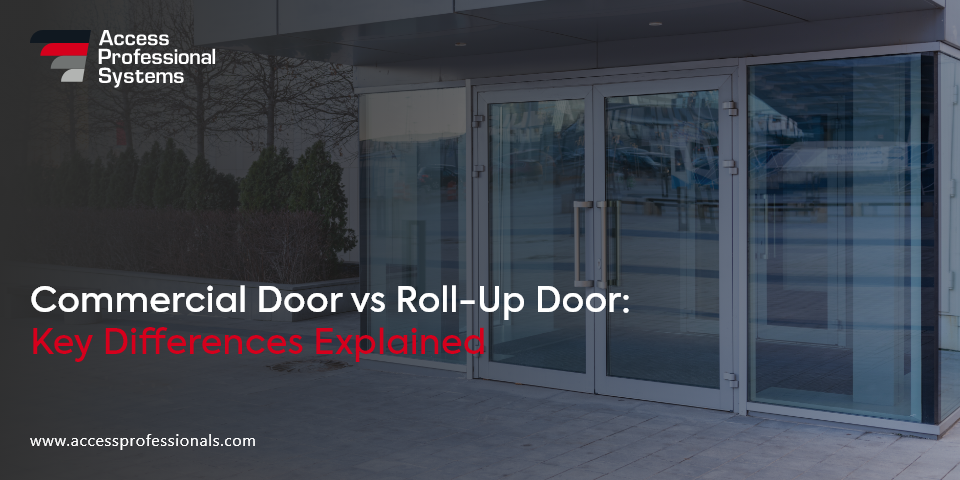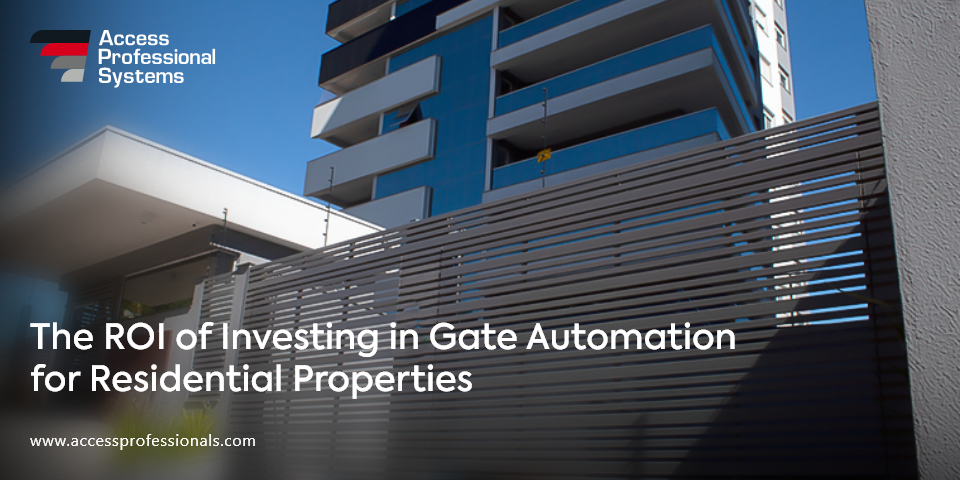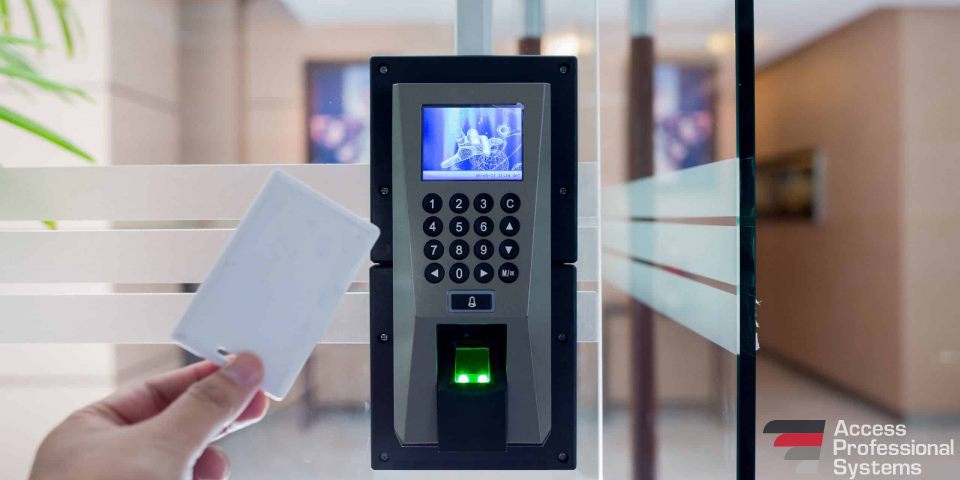
How Do Access Control Systems Work?
Access control systems are becoming increasingly popular because of the security and convenience they offer in the modern age. But what are access control systems, and what are their functions? In this blog post, we will discuss the basics of access control systems and explain how they work together to create a frictionless, automated user experience. We will also provide an overview of the different access control systems available today.
What Are Access Control Systems?
Access control systems are multiple layers of interconnected technologies that protect and secure properties and people. They are building security systems that rely on administrator-defined rules to allow or prevent access to designated areas. These rules require varying levels of user authentication to prove the user is permitted to access or exit a specific location.
What Are the Functions of Access Control Systems?
Different access control systems function in unique ways, but what they always have in common is that they are used to control who, what, and where access to an area is permitted. The main components of access control systems are tags, tag readers, an access control panel, and an electronic locking system. These parts work together to create an automated, frictionless experience for the user.
Tags – prove the identity of permitted users and allow access. They can include FOBs, proximity cards, smartphone credentials, RFID chips, and biometrics. Each of these technologies is encrypted with an identification number and sends signals to the access control panel.
Tag readers – installed at the entry and exit points of a building or commercial property. They contain antennas, which receive the signal and encrypted number when a user presents the tag to the reader. Then, the reader sends the number to the access control panel.
Access control panel – the core of the access control system, which stores the authorized information configured by the administrator. This component receives the encrypted tag ID number from the reader. The number is decoded and compared to the numbers already registered in the system. If the number matches, the user can gain access.
Electronic lock – automatically unlocks or remains locked to deny access depending on whether the ID number read and decoded by the access control panel matches the registered numbers in the building security system.
All of these processes occur within a matter of seconds!
What Are the Different Types of Access Control Systems?
While the components explained above comprise the essential hardware required by access control systems, there is no one-size-fits-all approach to access control. Three main types determine how permission is granted and who can set those permissions.
Discretionary access control
The least restrictive type of access control since it allows anyone to control the system. Administrators can be switched from user to user as long as they have access to the system provided by the system’s administrator.
Mandatory access control
The most restrictive access control system. With this system, the administrator is the only one who can set access permissions. Users are not able to change their own access privileges.
Role-based access control
A hybrid of discretionary and mandatory access control systems. Administrators have complete control over access privileges, but users can also access certain areas based on their role within the company. For example, a human resources manager would have access to employee records but not financial data.
No matter what type of access control system is best for your residential or commercial building security system, the goal is always to protect your property and people by creating a safe and secure environment.
Benefits of Access Control Systems
Access control systems solve many problems of traditional key and lock security systems. Metal keys can be easily misplaced or stolen, and locks must be professionally re-keyed each time a tenant moves out of an apartment or corporate office. With access control systems:
- Administrators can easily revoke access permissions remotely without replacing the entire security system
- Access can be granted or denied on a person-by-person basis.
- Access control systems provide a seamless experience for authorized entry and exit for the modern user.
- Access control systems are efficient and cost-effective tools to keep properties and people safe while reducing the need for traditional security measures like on-site guards or physical locks and keys.
Access control systems are essential to any comprehensive building security system, and their benefits cannot be overstated. If you’re looking to increase the safety of your home or business, investing in an access control system is a great way to do so.
Why Access Professional Systems?
APS – Access Professional Systems offers a comprehensive suite of access control products and services designed to meet the unique needs of your business or home. We provide customized solutions for residential building security systems and commercial access control systems for companies of all sizes. Unlike other access control companies, APS partners with industry-leading technology manufacturers to provide our clients with proven gate, access control, video, and parking solutions. Our dedicated team has provided customized solutions and superior service since 1977. If you’re looking for an access control system that is reliable, user-friendly, and most of all secure, look no further than Access Professional Systems. Contact us today to get started!
How do you know you’re in good hands with APS? We’ve successfully installed equipment and services in more than 14,500 projects. Get a free estimate today or call us directly by phone at 853-223-9982 (CA) or 602-737-2081 (AZ).
We look forward to hearing from you!
Share:

